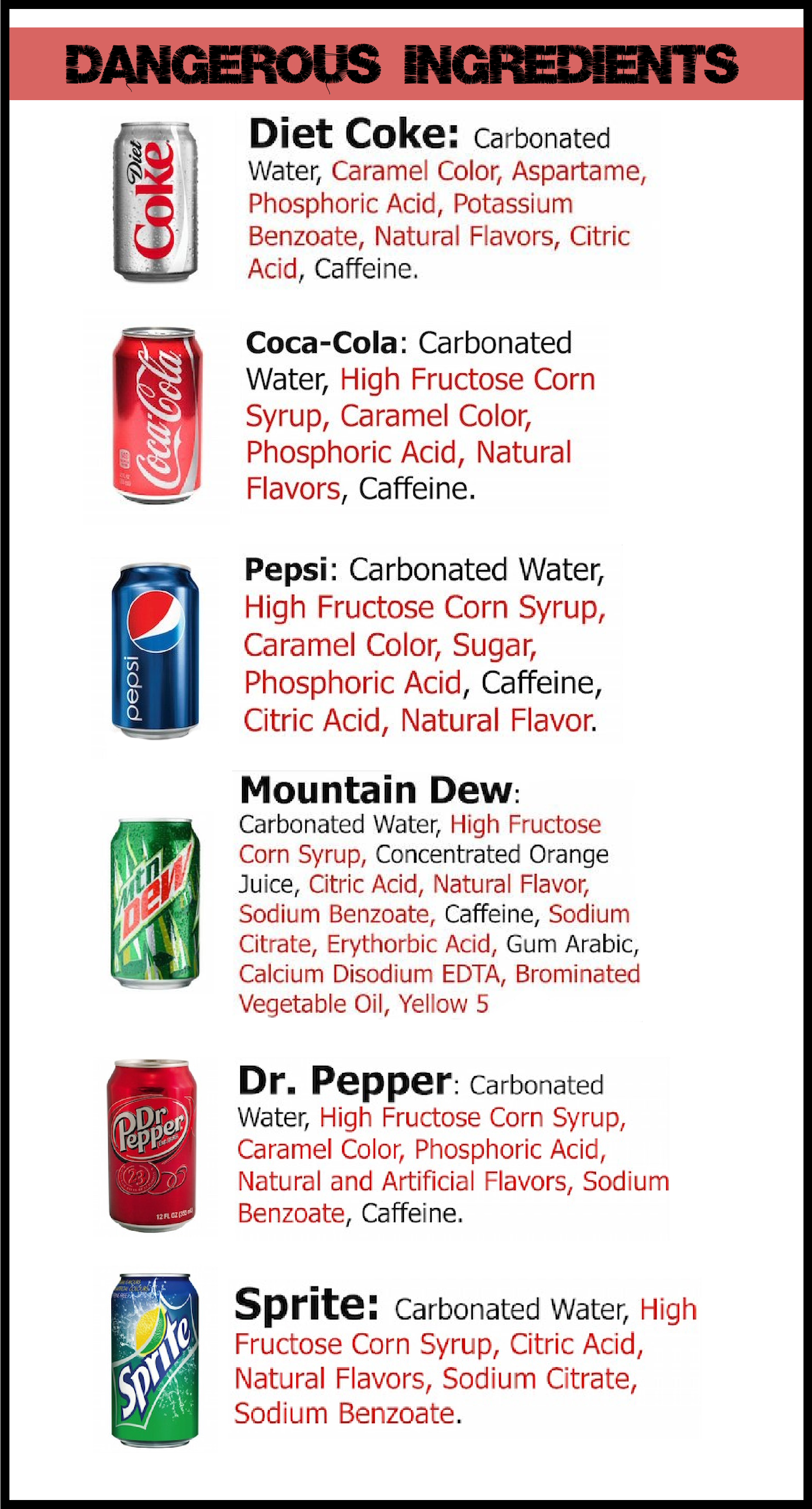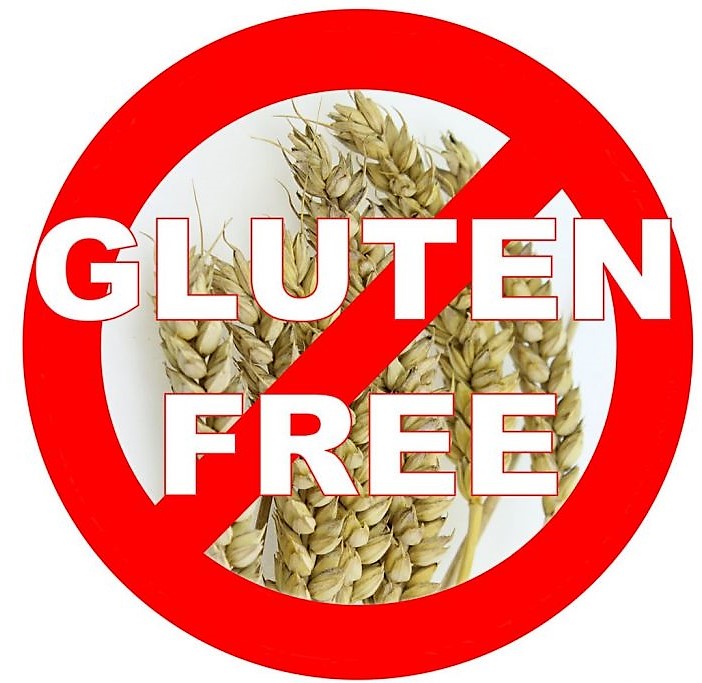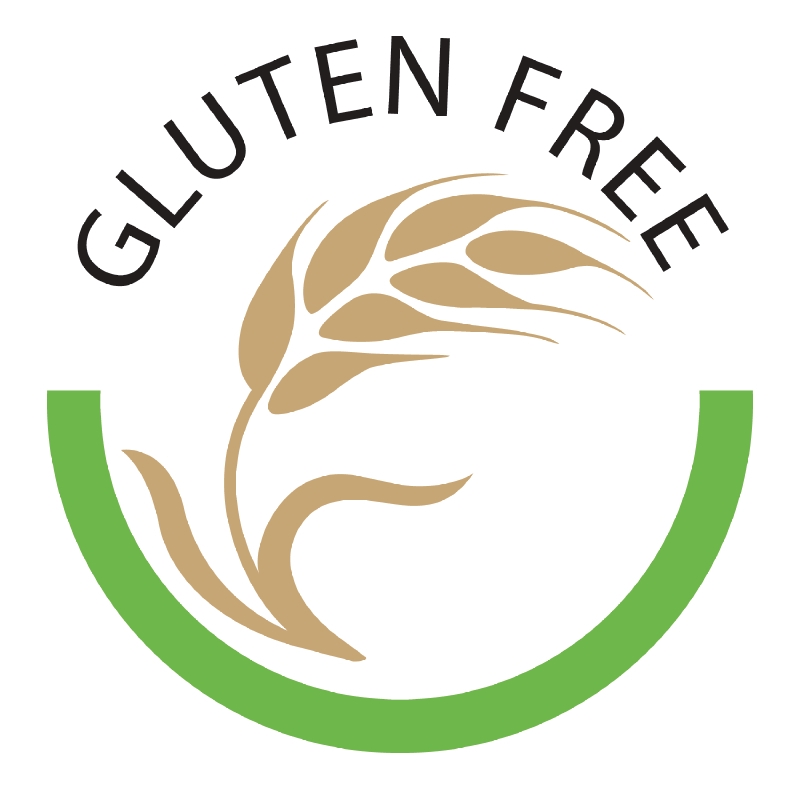Food Allergy vs Food Intolerance: Knowing the Difference
Food allergies affect one in five people (Dr. Axe). They occur as a response in the immune system when the body senses a disagreeable food or protein. This results in a trigger response as the body tries to protect itself and produces histamine to fight off the “invader” or problematic food. Once this happens, it is then stored in the body’s “memory.” As the food continues to return, the responses become more easily triggered.
This allergic reaction is not to be confused with the reactions from food intolerances, which are adverse chemical reactions associated with foods but are not immunologic—a response from the immune system. For example, when a person is lactose intolerant, their body is unable to digest the sugar lactose. This results in diarrhea and abdominal pain. The response is not an allergic response or immune-based, but more specific to a bodily system or physiology. The lactose is not an invader to the body—the body does not release histamine to fight it off; it just doesn’t digest it properly.
Symptoms/Reactions
Food allergy symptoms are known to affect the skin, respiratory function, and the circulatory system. When disagreeable food or protein enters the body and trigger a response from the immune system, the histamines that are released can cause a number of reactions or symptoms like hives, wheezing, and coughing.
Other allergic reactions include:
- Vomiting
- Shortness of breath
- Trouble swallowing
- Swelling of the tongue
- Inability to talk or even breathe
- Dizziness
Food intolerance symptoms are known to be chronic and they can appear several days after the problematic food is ingested. It has been associated with asthma, irritable bowel syndrome, and chronic fatigue. Symptoms include:
- Headaches/Migraines
- Diarrhea/Constipation
- Cramps
- Moodiness
- Tremors
- Burning Sensations
- Tightness in the Skin
Did you know?
90% of food allergies and intolerances are associated with the most popular foods (Dr. Axe).
Avoid These:
- Allergen Triggers (milk, eggs, soy, peanuts, shellfish, and wheat): Instead, choose alternatives like coconut milk, egg substitutes, almonds and seeds, protein foods, and gluten-free flour and grains.
- Sugar, such as fructose, sucrose, or lactose, cause an overgrowth in bad bacteria, which is responsible for a number of allergic responses like cramping, hives, rashes, and an itchy mouth. Those with intolerances may have symptoms like fatigue or digestive issues. Instead, find alternative sweeteners like organic dates, stevia, or xylitol.
- Gluten can be found in wheat, barley, and rye. It can affect the body in several ways; however, there is a difference between celiac disease and gluten intolerance.
- Celiac disease is an autoimmune disorder that derives from a response in the immune system. When this occurs, the response triggers an attack on the body’s intestines, specifically the villi, which are responsible for absorbing nutrients.
- When the body tests negative for celiac, but there are still adverse responses associated with gluten, this means that the body has an intolerance or sensitivity to gluten. This can come in the form of diarrhea, cramping, fatigue, gas, or bloating.
- Processed/Packaged Foods may contain things that cause food allergies, like GMO foods, such as soy, corn, milk, corn syrup, and canola and vegetable oils.
Choose These Instead:
- Chicken is a great source of “non-allergic” protein.
- Probiotic-Rich Foods help line the gut with good bacteria and repair the intestinal lining. Choose foods such as fermented foods – sauerkraut, yogurt, kimchi, kombucha, kvass, and apple cider vinegar.
- Leafy Green Vegetables provide minerals and B vitamins that increase immune function.
- Breast Milk (for children) prevents food allergies in children.
- Variations in Your Diet allow different levels of vitamin and mineral content to enter the diet.
Food allergies and intolerances can only be treated by avoidance. However, there are remedies to ease the symptoms.
Natural Remedies
- Probiotics aid in the immune system by supplying the gut with good bacteria.
- Digestive Enzymes help break down food particles and aid in digestion.
- Vitamin B5 is helpful for adrenal function and allergy control.
- L-glutamine repairs leaky gut that can be caused by food allergies and intolerances.
- Essential Oils are natural anti-inflammatory sources.
Final Thoughts
Food allergies are on the rise in the US. If you believe you have a food allergy, you should consult an allergist. However, it is important to note that not all tests are conclusive. Food intolerances are very difficult to pinpoint and can only be found with a functional medicine approach. The best way to remedy food allergy or intolerance symptoms is to avoid problematic foods/allergens.
Are you overwhelmed with where to begin?
Our team at Forum Health Clarkston is a great resource for education on alternative nutrition plans and natural treatments. Call us today for a CUSTOMIZED NUTRITION PLAN for you or someone you love! 248-625-5143
Adrian Schirr
Forum Health Clarkston
7300 Dixie Hwy, Suite 500, Clarkston, MI 48346
248-625-5143
https://www.self.com/story/4-signs-you-might-be-allergic-to-sugar
https://www.healthline.com/health/allergies/gluten-allergy-symptoms#symptoms-of-wheatallergy1
https://draxe.com/food-allergies-treatments-natural-remedies/
https://draxe.com/food-allergy-symptoms/







